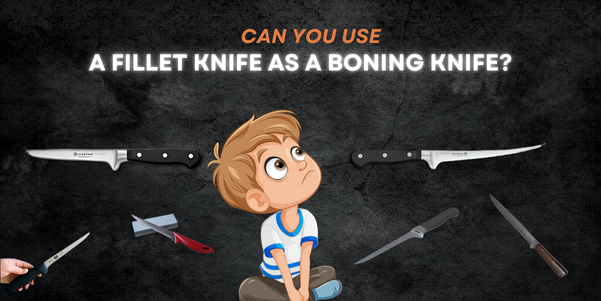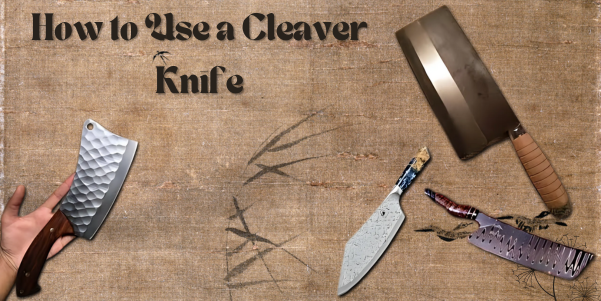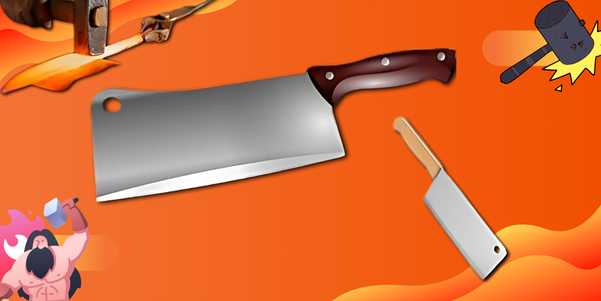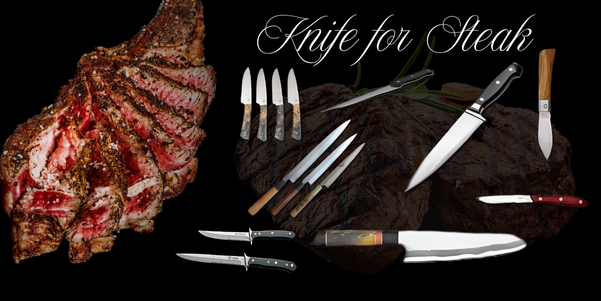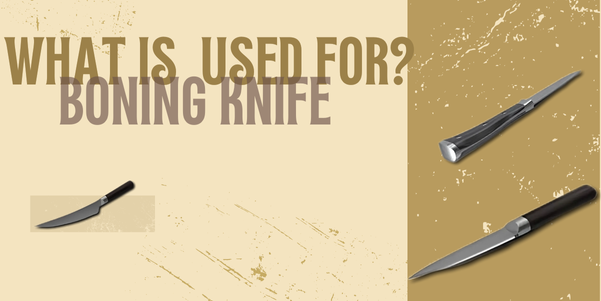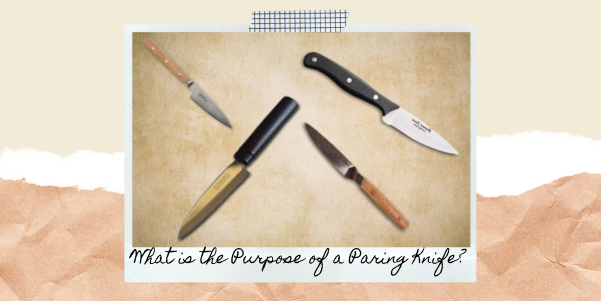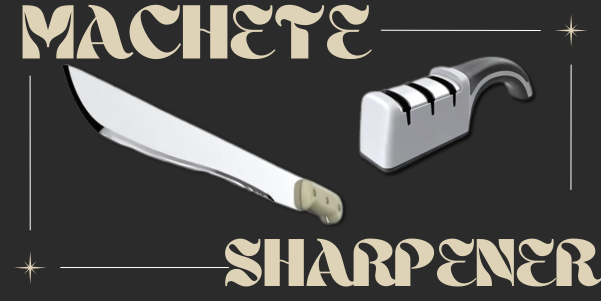This is a necessity that expects the modern kitchen to offer alternatives such as ceramic pans, which already give an aspect of novelty because they are fresh, robust and non-stick without having to use large amounts of oil. Simply asking yourself if ceramic pans are any good for use as non-stick cookware? All I can say is…HELL YES. In this ultimate guide we will detail why you should choose ceramic pans as your first choice and how do they work, also proper care instructions. We will also guide you in selecting the skillet that works best for your current living situation. Which brings us to ceramic cookware.
After researching for 3-4 hours, here is a detailed review of Ceramic Pans
Table of Contents
Ceramic Lined Pans Why Do You Want Them?

Ceramic pans is the contemporary version of the traditional non-stick pots and pens. They are Not Only Virtuous for Your Health But Way Better For the Environment as Well. Ceramic is different from non-stick pans PTFE and PFOA because ceramic uses a natural sand-derived glass coating, whereas the others are chemical-based. This way you will be able to cook your food without a concern that some harmful substances might enter it.
These better pans are suitable for everything from frying eggs, sautéing vegetables and searing meats to roasting or grilling a fish filet. The best part? Lesser oil — besides factoring towards creating healthier and less fat meals, you only need a tiny bit of oil.
How Do Ceramic Pans Work?

Silica is the key ingredient in ceramic pans which makes them not stick to or even tarnish. That makes for non-stick cooking, even with oil conserged (you really do not need to use too much). Ceramic pots do not release poisonous gases in cases of overcooking unlike Teflon-coated pan.
Ceramic: Ceramic pans can serve many purposes and work particularly well at medium to high heat. Likewise, you can rest easy frying up your scrambled eggs to go with the bacon and pancakes or sautéing some veggies while searing that meat. You can not possibly think of cooking a meal in clean and non-toxic way without pots made of ceramic.
Why You’ll Love Ceramic Pans

The surface of ceramic pan is very smooth, clean so easily, food does not stick!
- Cooking Healthier: With ceramic cookware, you can cook with less oil overall meaning up to 60% less fat without taste.
- Good For Every Meal: From your morning eggs to some evening stir-fry; ceramic pans are a jack of all trades.
- Eco-Friendly: They are PTFE and PFOA free (ceramic pans) making them a great choice for the environmentally conscious chef.
- Cheapest and Most Durable: Ceramic pans in the mid to lower price range provide value that is hard to beat, with a focus on proven longevity.
Types of Ceramic Pans

How to Choose Ceramic Pan, Pro and Cons of Different Types
- Ceramic-Coated Non-Stick Pans: They involve a ̈ ceramic layer so that it would not stick to the pan and have either an aluminum or steel base.
- Fully Ceramic: These ceramic pans are entirely coated in a heat-retaining layer but can be more brittle.
From everyday usage to gourmet cooking, ceramic pans are there for you.
Top 5 Best Ceramic Pan

But when buying a ceramic pan you should take into account the following points:
- Material and Coating: Opt for a ceramic-coated pan that is highly durable or fully made out of ceramic, which can better retain the heat.
- Durability: It makes sense to choose pans that are resistant to scratching and wear errors given the likelihood of daily use.
- Thermally Heat-resistant Handle: Accordingly, make sure it is equipped with a thermally heat resistant handle that has an ergonomic design so you can pick up the pan comfortably.
- If you enjoy browning in the oven, ensure your cookware is also oven-safe.
- Price range: Many ceramic pans have a great value for money, so go ahead and buy one that suits the price of your pocket with the performance you would like.
Caring for Ceramic Pans

Just follow these simple tips for ceramic pans long life.
- Do Not Use Metal Utensils: Do not use metal utensil to avoid scratching the existing ceramic coating.
- Ceramic pans are most reliable when cooked on average heat. To maintain the coating, avoid using them at very high temperatures.
- Use Mild Cleaning Agents: Wash your pans with mild dish soap and a soft sponge. Use no abrasive scrubs that will be capable of breaking the non-stick surface.
- Store Pots and Pans Properly: Use a soft cloth or mat between pans to prevent scratching.
Ceramic Pans Myths vs Fact

ceramic pans durability and non stick ogservations are misunderstood. The Problem: One big myth related to ceramic pans is that they lose their non-stick properties soon. Although the cheaper you go, the quicker they wear out, a good quality ceramic pan will last even with daily use for years to come.
One really common myth is that ceramic pans are less non-stick than the traditional version. In fact, they are just as efficient and also chemical-free (PTFE Free & PFOA free).
Summary
Ceramic pans are a safe, non-toxic and environmentally friendly alternative to Teflon or other similar type of coated cookware. A high-quality ceramic pan can make all cookings including frying eggs, searing steaks, and making stir-fries healthier yet easier to clean.
Get your very own ceramic pan for an upgraded kitchen experience and never stress out about cooking or cleaning up again!
- Detail Review About Nonstick Pan: Everything You Need to Know
- Pros and Cons of Frying Pans: A Detailed Analysis
- Air Fryer vs Fry Pan: What’s Best for Your Kitchen?
- What Type of Frying Pan Do Chefs Use?
- Can a Frying Pan Go in the Oven?


